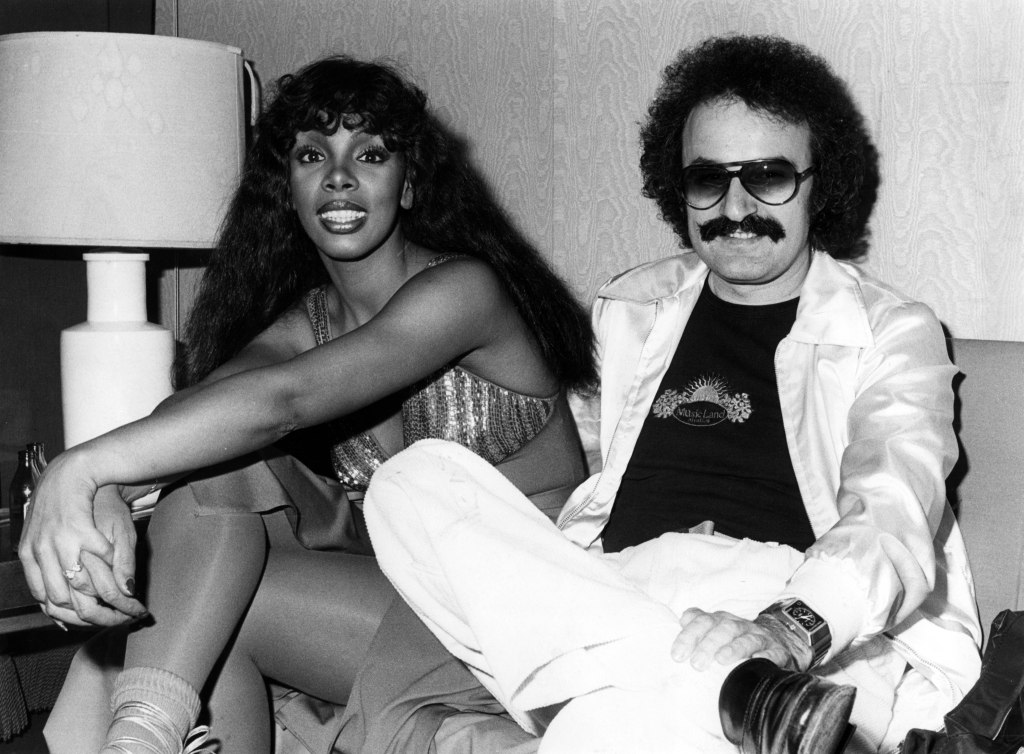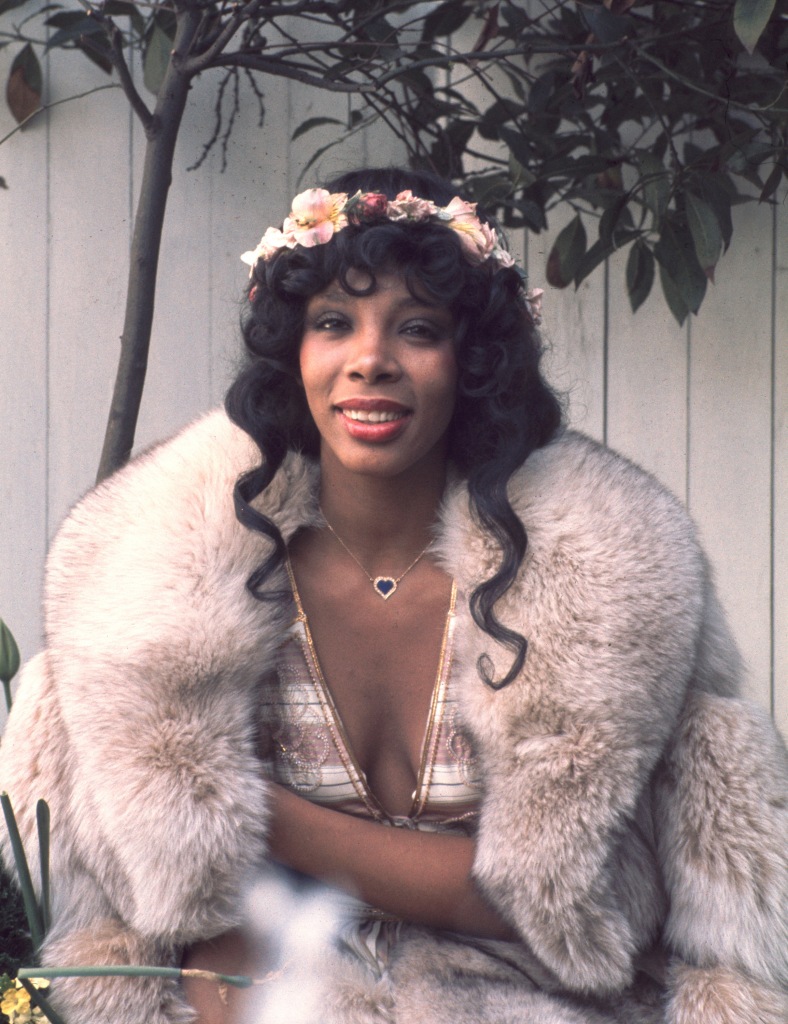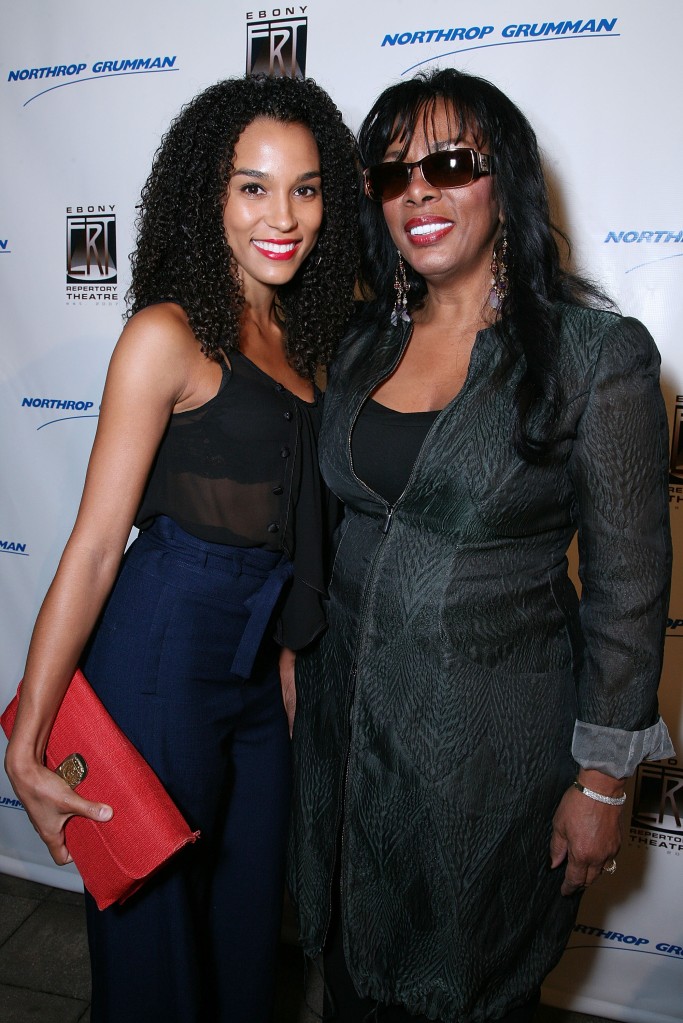Donna Summer’s troubled life revealed in new HBO documentary
Before her anointing as queen of disco debauchery in the late 1970s, Donna Summer was a good, churchgoing girl — with a terrible secret.
“I was molested by a minister when I was in my teens,” the late music legend says in a new documentary, “Love to Love You, Donna Summer,” premiering Saturday on HBO. “It’s not pain I could have spoken about, but it’s something that I have to always incorporate into my reality.”
The childhood trauma left her “feeling guilty” — even as she was feeling love from fans around the world at the peak of her musical powers.
As a result, despite having 11 Top 10 hits between 1976 and 1980, including four No. 1 smashes, Summer had “a secret life” that was more troubled than triumphant.
“The most dismal days of my existence were at the height of my career,” the “MacArthur Park” singer admits to her daughter Brooklyn Sudano, who directed the film along with Oscar winner Roger Ross Williams.
“It was like wearing an evening gown that was too tight … Everything was popping out, and I needed more space.”
Growing up in a deeply religious Boston household as Donna Gaines, Summer found herself inspired by gospel great Mahalia Jackson.
“I remember getting a spanking for wearing red fingernail polish because to my father … that was what whores wore,” Summer says.
But after moving to Greenwich Village at 19 during the summer of 1968, Summer discovered her inner hippie while living above Cafe Wha? on MacDougal Street. The newly freed spirit was soon cast in the German production of nudie musical “Hair.”
After meeting and marrying first husband Helmuth Sommer — the source of inspiration for her stage name — and giving birth to their daughter Mimi in 1973, the couple split, causing Summer mental anguish for breaking up their family.

But she found a safe harbor in her mentor Giorgio Moroder, the Italian composer who produced many of her biggest hits.
“He was a redeeming factor in my life from some of the abusive men that I had chosen to trust, who were not worthy of that trust,” says Summer.
Indeed, even as her career was becoming hotter and hotter stuff, Summer wound up in a relationship with German artist Peter Mühldorfer, who she describes in the documentary as “very possessive, extremely controlling.”
“He would drink and be abusive,” says Summer. “I knew as this wave of success grew that he would be more jealous and more aggressive. I was fearful of the situation that I felt trapped by.”

“I hit her and I never could forgive myself,” says Mühldorfer in an interview for the no-holds-barred doc.
The singer’s inner and outer turmoil led her to attempt suicide one day at NYC’s Hotel Navarro — now known as 110 Central Park South.
“I just broke down and said, ‘I am not gonna live another day like this,’” she says. “I put my foot out the window, and as I shifted my weight to slide out the window, my foot got caught into the thin curtain, and at that precise moment the door opened and it was my housecleaning lady … Another 10 seconds — I would have been gone.”
Summer’s troubles didn’t end there. Her disillusionment with the music business and her label, Casablanca Records, was growing — even as she released her final No. 1 hit, the Barbra Streisand duet “No More Tears (Enough Is Enough),” in 1979.

“The record business is really like being raped and abused over and over again,” she says. “I had sold millions of records and not been paid for them at that point.”
After filing a lawsuit against Casablanca Records, Summer settled with her label and went on to marry musician Bruce Sudano in 1980.
After becoming a born-again Christian, Summer faced yet another test when she alienated many of her fans with the public comment that “God didn’t make Adam and Steve, He made Adam and Eve.”
That backlash intensified after Summer allegedly said that AIDS was God punishing gay people — although the singer denied ever making that statement.

Bruce Sudano — who remained married to Summer until her 2012 death, at 63, from lung cancer — says that she took the pain from that accusation to her grave.
“These were people that she loved,” he says, “and for her to be viewed as somebody who would cause them more pain, it’s something I don’t think she ever got over.”
Read the full article Here


